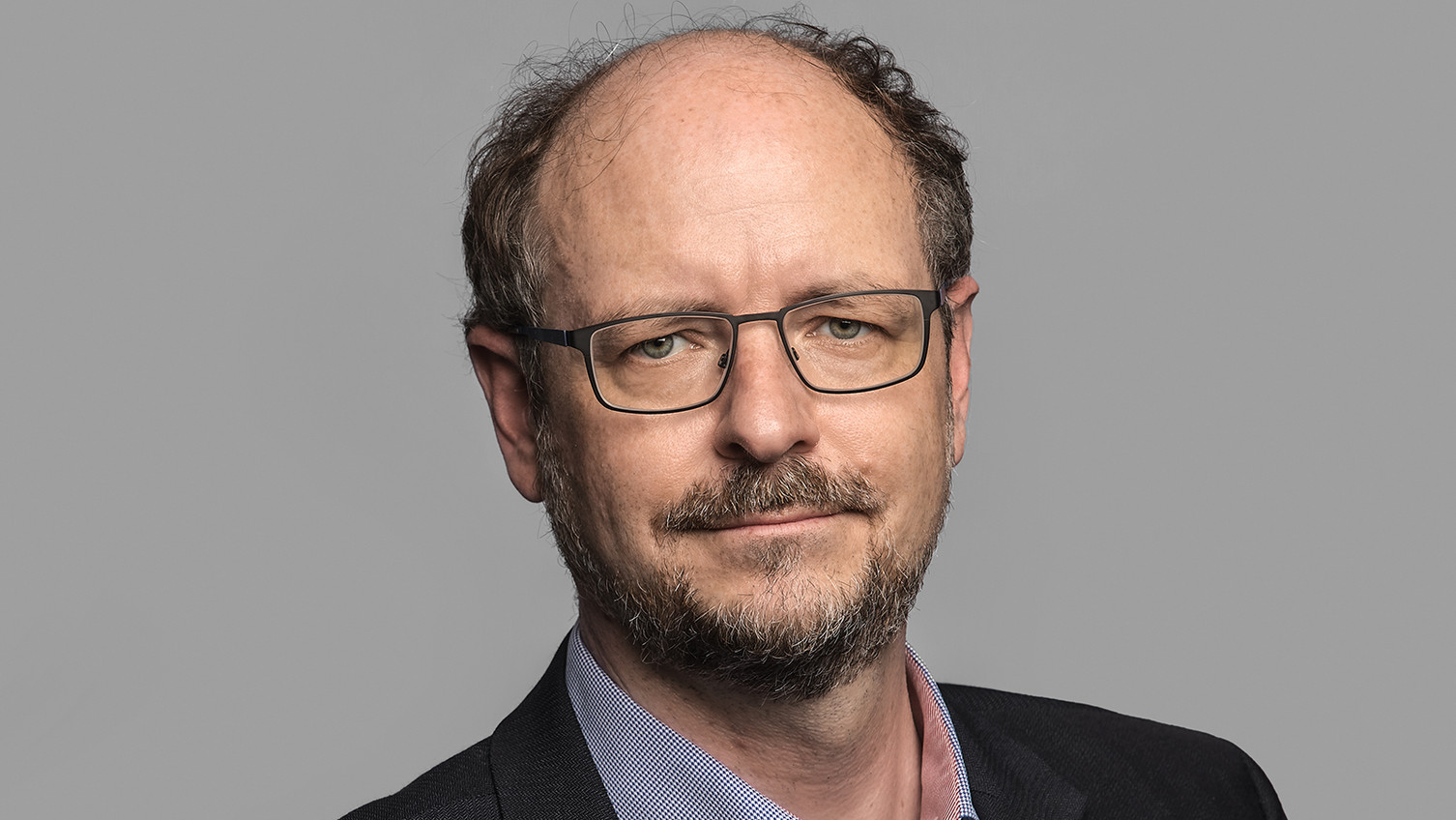Leuphana Showcase: Marcus Pietsch - School Leadership is Different
2021-10-04 Marcus Pietsch, Professor of Educational Science, in particular Educational Management and Quality Development, became involved in educational monitoring through empirical educational research and specialised in the topic of leadership in schools. His approach tackles the issue "How can you lead schools and ensure that they develop and innovate?" or, "in short: how can you make schools better?"
There are about 32,000 school headmasters in Germany and we know next to nothing about them. Or rather, we know as much about them as Pietsch and a handful of colleagues have found out, because the Lüneburg professor is one of only a few scholars in Germany to have conducted large-scale studies on the subject. "What kind of people are they who run a school? Internationally, it's huge. In the USA there are hundreds of professorships on the subject and in Germany there is almost nothing. That's why I chose this focus, because I realised that something needs to be done urgently on this ‘forgotten professional group’."
In his research, he was able to shed some light on the topic - for example, he found out that about half of the school headmasters in Germany have never undergone any qualification or training for their profession. At the same time, headmasters have a great influence on teaching at the school and the learning success of pupils. During the pandemic, it became particularly clear what key role in education is attributed to this group, for whom, as Pietsch pointedly puts it, "nobody cares". "The ministries of education published handouts on how to deal with the pandemic in schools - but these were limited to the statement that headmasters were the ones in charge. Typical formulations in the ministerial handouts were, for example: 'The school management is responsible for contacting the students. The school management coordinates the cooperation of teachers working out of their home. The school management checks whether pupils have received the assignments and learned something during the time spent in home-schooling.'"
Pietsch reports that around the turn of the millennium there was a profound change in the role of the school headmaster. Until then, headmasters were "rather teachers with special tasks": compared to the teaching staff, they were first and foremost administrators who guaranteed the functioning of school processes. Their relationship with educational administrations was limited to receiving money and other resources and then managing them. Since then, something has changed: "Headmasters are no longer primus inter pares, but rather supervisors, feedback providers and developers," explains Pietsch, "meanwhile they have real executive functions, have to generate ideas and determine where things are going with the respective school. School leadership has shifted from the traditional 'we provide them all with resources and see what happens' to 'we have visions and ideas about how we want to make school good and effective and check if they work'."
Nevertheless, research in this area in Germany is still in its infancy, says Pietsch, who therefore, together with colleagues from the University of Tübingen and the Swiss FHNW, launched the Leadership in German Schools (LineS2020) panel study in recent years, which is representative for Germany and conducted by forsa. "This is the first time we are learning about the career paths of school headmasters in Germany and their influence on what happens in schools over the course of time." From 2022, the study will be continued and significantly expanded in cooperation with the Wübben Foundation as the School Leadership Monitor Germany. "We hope to gain representative and long-term insights into the attitudes, needs and professionalisation of school leaders in Germany," says Pietsch "in particular, we would like to contribute to systematic quality development in schools on the basis of scientific findings."
Marcus Pietsch was a research assistant at the University of Hamburg and a consultant at the Hamburg State Institute for Teacher Training and School Development. After working at the Hamburg Institute for Educational Monitoring and Quality Development and at the Institute for Quality Development in Education at the Humboldt University in Berlin, he completed his doctorate on the topic of 'Quality of Classroom Observations in the Context of School Inspections' and then took on the position of Substitute Professor for Educational Measurement at the Christian Albrecht University in Kiel. In 2019, Pietsch moved to Leuphana as a substitute professor, where he was awarded the DFG Heisenberg Professorship for Educational Management and Quality Development in June 2021.
With the highly prestigious Heisenberg Professorships, the German Research Foundation promotes strikingly innovative scientists. The award is most frequently given to medical doctors and physicists. In the 45 years of the Heisenberg Programme's existence, it has gone to just three educators - one of whom is Marcus Pietsch.

